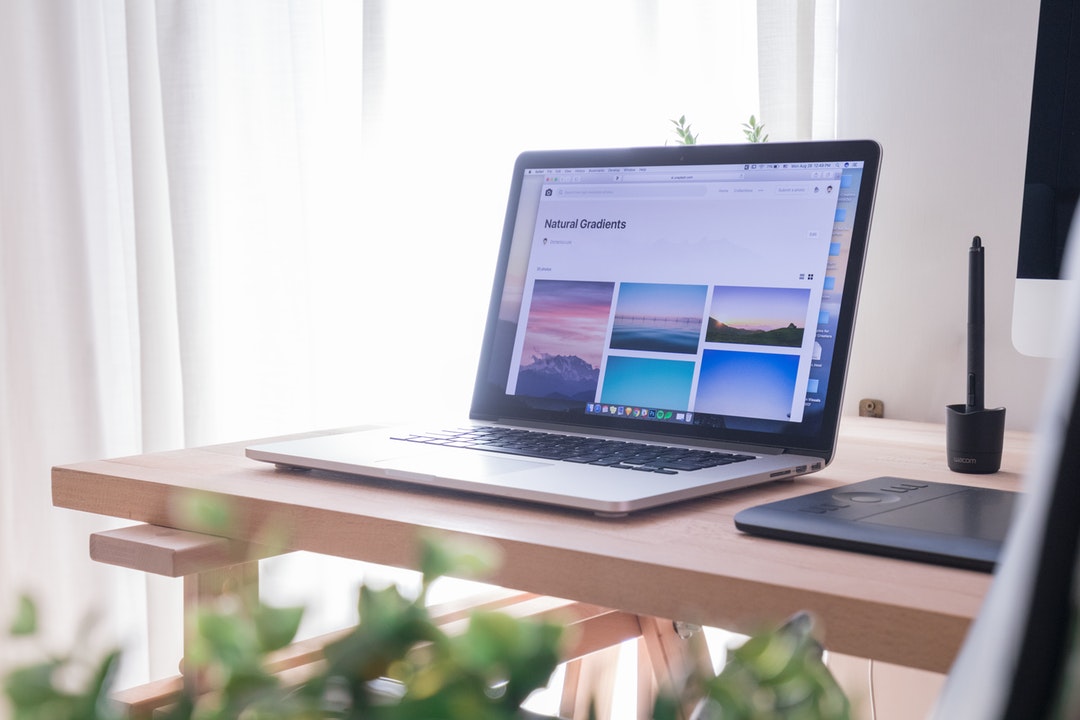It doesn’t matter how well you’re ranking in general SEO searches if you can’t catch a break on local SEO rankings. The good news is, though, that local SEO and traditional SEO efforts go hand in hand.
You’re probably in a better position to boost local rankings than you think. The trick is to take standard SEO best practices and learn how to target them for your immediate area. You have to start thinking about keywords, link building, and content generation in terms of what your local audience wants.
From there, figuring out how to optimize your website for local search becomes a lot easier. For help making the process go by faster and creating more effective results, use the following tips to optimize your website.
1. Claim Your Google My Business Page
It’s kind of ironic that the best thing you can do to optimize your website for local search is an off-page SEO tactic. The first thing you should do is claim your Google My Business page if you haven’t already.
This is going to be one of the first things users see when they start searching your business by name, but it may also appear in general searches like “coffee shop near me” or “Italian restaurant.” You need to make sure you’re giving them a good first impression of who you are and what you do.
Your Google My Business page should tell users your location, your hours of operation, and give them a way to contact you. It should also have pictures of your business and the services you provide.
2. Clean Up Your NAP Information
Your NAP is your business’s name, address, and phone number – aka basic contact information. The contact information and address on your Google My Business needs to be an exact match to what is displayed on your website.
If the NAP isn’t consistent, it can hinder your local SEO rankings. Not to mention, all it takes is one typo for users to end up in the wrong location or call the wrong number.
3. Encourage More User-Generated Content
The next way to boost your local SEO rankings is to generate more content from your audience. You want to start asking people to write reviews about your business when you interact with customers online and in-person.
The more good reviews you get, the more content Google bots have to crawl when deciding who to rank for local results. This helps build trust and brand awareness with your audience, too.
Even bad reviews come with a silver lining – they can help you identify what needs to be fixed with your business. Plus, responding to one negative review and turning it into a good situation sends a message to all customers that you care about their business.
4. Use Local Lingo
How many locally-targeted keywords have you been using lately?
You need to start thinking about how to incorporate your city/town into your content. It wouldn’t hurt to add phrases like “near me” or “nearby” to some of your popular keywords, either.
These make your content more specific. They take the SEO efforts you’re already doing and help them perform well for local SEO. When you add the name of your local area or something as simple as “nearby” to a phrase like “nail salon” or “pool repair” you’re making it much easier for users to find you.
5. Cater Content to Your Immediate Audience
Speaking of naming your local area and using local keywords, don’t be afraid to take this up a notch. Instead of just using “Orlando air conditioning services” or “Nashville personal injury lawyer” in your content, write content about things that your local audience cares about.
For the Orlando example, you can write blog posts about how to keep energy costs down when the Florida heat kicks up. You can also talk about fun things to do in Orlando to stay cool. For Nashville lawyers – or other legal SEO insights – JSA Interactive local SEO can offer some great insights.
Think outside the box a bit as you’re creating locally-focused content. The blogs you write and social media posts you share don’t always have to tie directly into your products and services. When you put a local spin on things, you’re more likely to catch the interest of your target audience.
6. Improve Your Link Building Strategy
Whether you’re creating content about a local event or writing about something more closely related to your business, make sure all of your internal links are meaningful. You can’t just add these in on a whim; they have to provide value to readers and guide them through the buying journey.
More importantly, they have to work!
Far too many businesses get in the way of their own rankings because they don’t check for broken links. You need to make sure all of your links are working and that they’re guiding users to pages that tie into what they’re reading and looking for.
7. Build a Stronger Social Media Following
Last but not least, start paying more attention to social media.
This is another off-page optimization tactic that pays off for your landing pages. Many consumers go to social media to find places to eat, play, exercise, and work in their local area. Many local businesses, on the other hand, use their social media presence as a way to boost brand loyalty and keep users coming back.
Using this tool is an absolute must if you want to get ahead in local search rankings.
How to Optimize Your Website for Mobile and Voice Search
Here’s one more thing to keep in mind about local SEO: often times, users are searching for nearby businesses while they’re on the go. As such, they turn to resources like voice search or mobile search to find what they’re looking for.
This means you need to figure out how to optimize your website for these kinds of searches, which begins with making sure your website is mobile responsive.
Click here to learn more about mobile responsive design and how to use it for your site!











